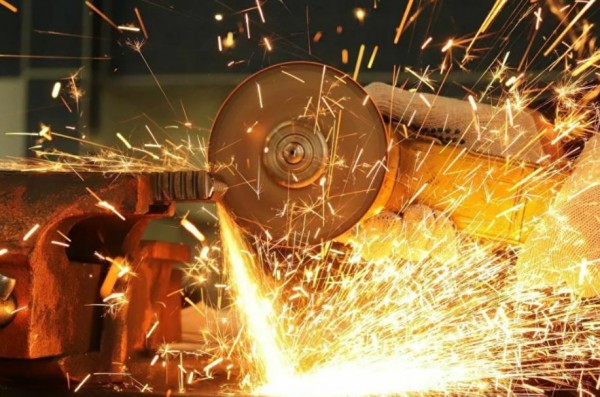News
Will the discovery of an ‘uncuttable’ material affect knife making?
It has been named ‘Proteus’ (after the shape changing Greek God) due to the way that is alters structurally to thwart cutting tools.
After looking at how the abalone shell works and being amazed at how the overall structure was many, many times stronger than it’s constituent parts, the scientists wanted to look at ways to use this discovery to create a material that took advantage of the combination of softer and stronger materials in concert to create a super hard, uncuttable compound.
This lead to the development of a new material which they claim is resistant to destruction by cutting tools and even harder than the hardest diamonds on the planet.

The material is effectively a form of aluminium foam which contains ceramic spheres. When a cutting tool engages with the material, the tiny spheres vibrate and dull the blade of the cutting tool. In effect, the speed of the cutting tool causes a vibrational feedback loop which blunts the tool.
Even water cutting jets were rendered ineffective by being displaced over a wider area by the spheres.
As a secondary defence mechanism, as the cutting tool vibrates, the tiny spheres break down forming a ‘sandpaper’ effect which in turn further blunts the cutting tool.
So far, early uses being suggested are armour plating, locks and safes. A bike lock company has already reached out to the researchers to investigate the uses of this wonder material for use in creating unbreakable bike locks that would resists attack by angle grinders.
Does Proteus have a use in knife making?
There are a couple of things to consider when looking at the materials used in knife making.
Firstly, the blade on a knife is more often made from steel. The steel needs to be hard, which Proteus would be, but importantly it needs to be able to take an edge. This is where Proteus as a material would be unsuitable. As it ‘fights back’ against grinding, getting an edge onto such a material would not be possible, as it would be counter to what the material has been designed to do.
The handle of a knife, however, is a different ball game. Proteus is incredibly hard yet has 15% the density of steel. This could be a game changer for knife handles – imagine a knife handle that was light and indestructible.
Not only the handle would affected though, locking mechanisms and other fixings made from such a super tough yet ultralight material would add to a knife’s strength and stability whilst making it lighter and more efficient.
The researchers say that it is early days for the materiel right now, but it is incredibly heartening to know that materials science is still progressing and that these ‘super’ materials will someday filter down into every day life. The researchers say the Proteus would be excellent for mass manufacturing as the materials used in it’s development and manufacture are commonly available.
This is good news for the knife industry – a new wonder materiel such as this, whilst not being usable for blades, certainly has far reaching consequences for all other aspects of knife design and manufacture.
This is ‘cutting edge’ science with massive potential for knife making and I look forward to seeing this research progress and having my first knife made with ‘Proteus’ handles and fixings.

